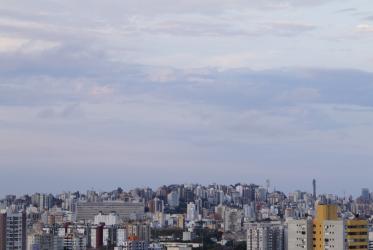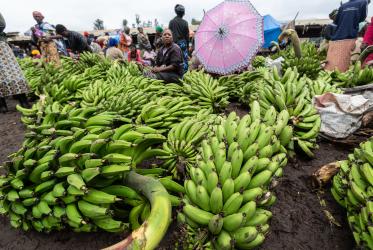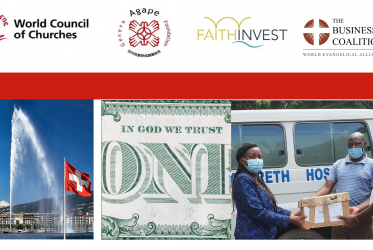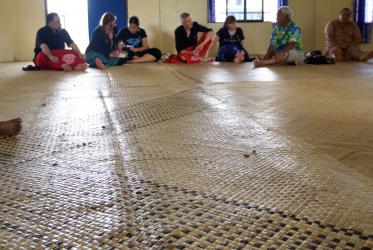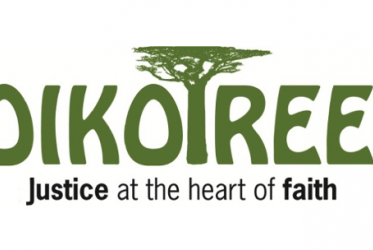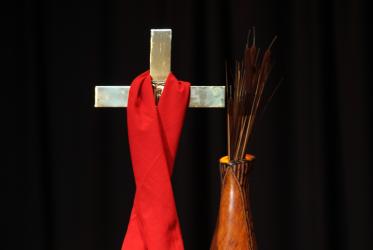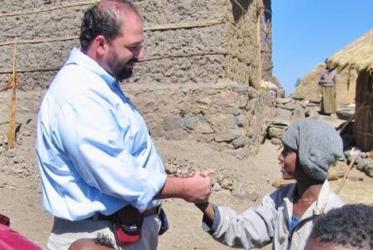Displaying 81 - 100 of 135
Churches offer some relief in Kenya’s drought disaster
16 September 2021
Reweaving the Ecological Mat - Pacific Voices for a New Creation
04 February 2021
Rethinking Ecological Relationships in the Anthropocene era
11 - 13 February 2021
4th International Faith-Based Investment Conference
15 January 2021
Online prayer service on World AIDS Day
01 December 2020
